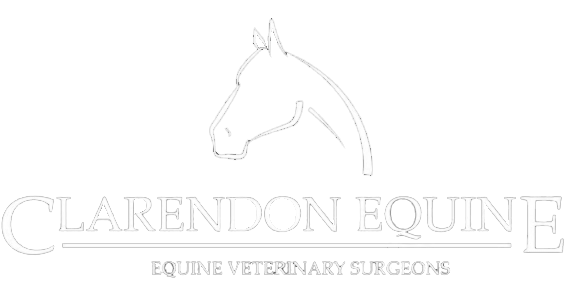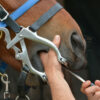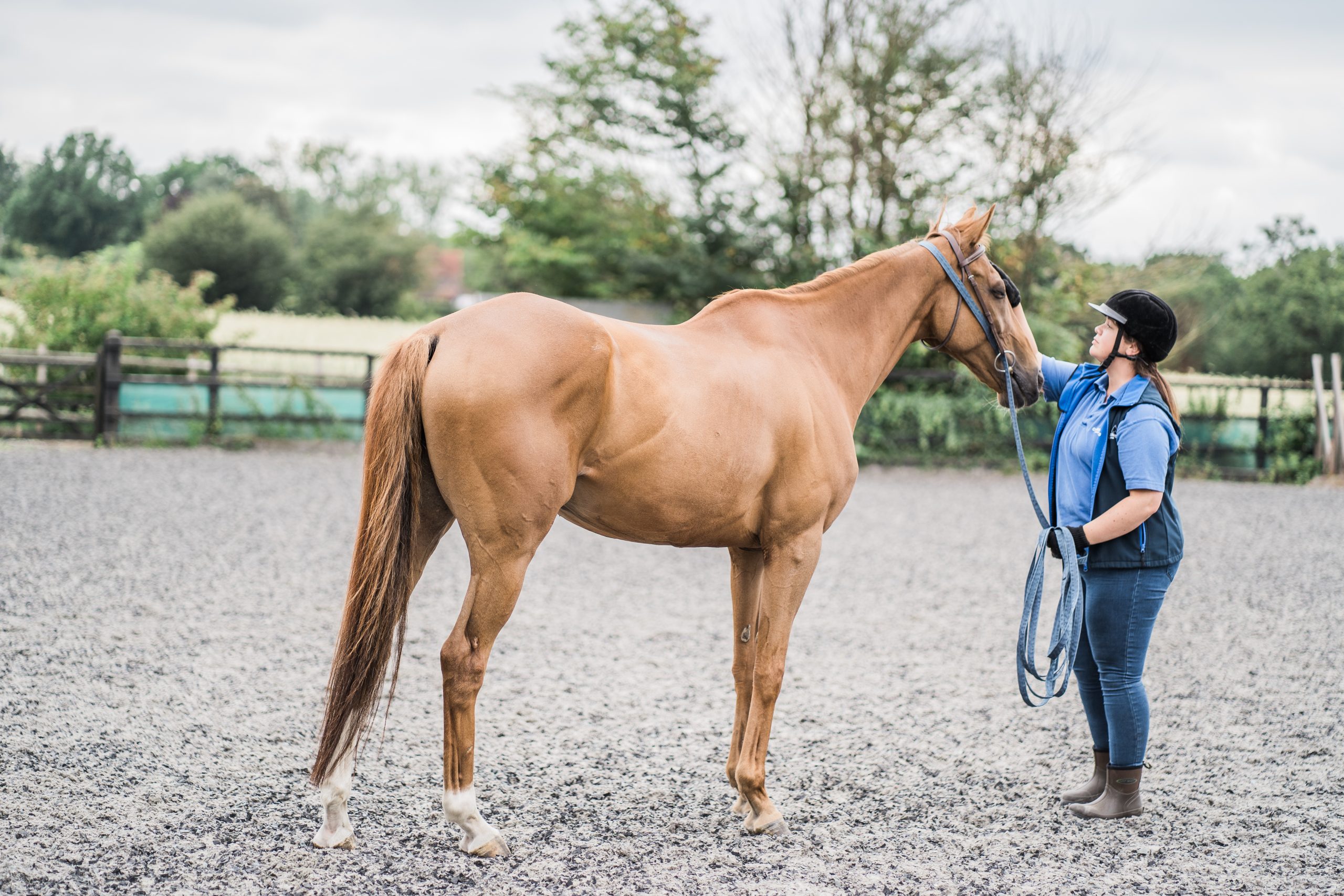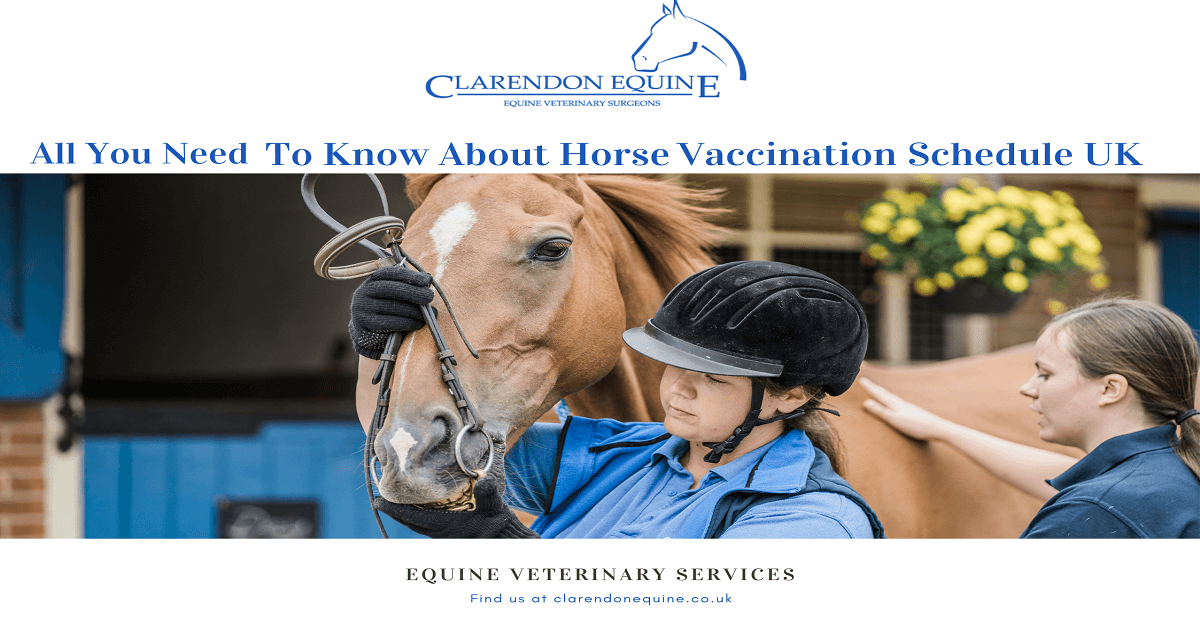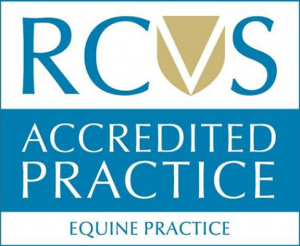With domesticating an animal comes its fruitful thrills and exciting memories. Along with the joys and memories, comes the responsibility of caring for your new family member’s health. In the case of horses, you have to be extremely careful about how they are treated. Ignoring one symptom can ripple through and create a domino effect for the rest of the team. And that’s why it is your responsibility to ensure that your horse is healthy.
This can be achieved(as recommended by expert equine vets) if your horses are vaccinated from a young age, i.e. when they are young foals so that in the future, your horse doesn’t have to suffer through terrible pain. As a horse owner, we know how challenging it can be to process everything in one go. This is why Clarendon Equine Vets has gathered information on six core vaccinations from the first-hand experience to the page, which you are reading. Let’s get started!

The First Vaccination
In case you do not know, foals usually get a headstart on vaccinations before they are even born! This is because most broodmare owners make sure to vaccinate their pregnant mares with extreme caution. As a result, these foals receive immunity by absorbing or consuming colostrum, rich in cholesterol antibodies within their first couple of hours. These antibodies help foals with the vital energy they need to get started and instant immunity to diseases for the first three months. However, this may not be the case if your mare is not vaccinated during her pregnancy. It is imperative to see your pregnant mare’s vaccinations record thoroughly and check if she is up to date with them.
Potomac Horse Fever
Although the chances of your horse getting infected with this disease are low yet it is never zero. Potomac Horse Fever is an infection acquired by ingesting dead flies or insects while trying to graze or drink at nearby ponds or streams. This means that horses who live in areas where there is nearby standing water(for example, lakes, ponds, streams, etc.), or irrigated pastures are at a greater risk for PHF. The available vaccinations have limitations as it fights against only one type of infection. However, it is seen that horses who were vaccinated for PHF have to suffer far less than those who were not. For protection against PHF, your horse should be vaccinated semi-annually during the spring and autumn.
Equine Herpes Virus (EHV) Vaccinations
The Equine Herpes Virus can spiral out of control really quick if not proper measures are taken. This is because this virus does not have any known cure as one infection can lead to another.
This virus has four subcategories, namely the EHV-1, EHV-2, EHV-3, and EHV-4.
- EHV-1 can cause severe respiratory diseases, especially in foals and young horses in training. Some symptoms may be nasal discharge, enlarged glands under the jaw and coughing. It can also lead to abortions in mares. The signs of an outbreak within the mare population will be quite noticeable if there are “multiple abortions”. This virus can also cause paralysis to horses. It will start with the hind limbs, slowly taking over all four legs. Furthermore, it can lead horses to death or a can bercome a requirement for euthanasia. For more information about euthanasia services, contact us here.
- Although EHV-2 does not cause infections by itself, it is believed to lower a horse’s immunity and make it susceptible to other diseases, especially respiratory problems. For example, increased temperature, swollen glands under the jaw, and coughing.
- EHV-3 causes more skin disease than it hurts a horse’s immune system. This disease, however, should be given equally as much importance as the latter. One of the key elements of EHV-3 is the infection, namely “coital exanthema”. This takes its roots around the external genital area in the form of smallpox-like blisters. Later, these blisters burst and are infected by skin colonising bacterias. These heal, leaving depigmented spots on their way out.
- If you notice that your horse has started coughing and not being able to perform as much, it might be because of EHV-4. Although the severity of the respiratory disease is not too dreadful, it can interrupt training and performance programs. As a result of this, there can be a significant change in the subsequent economic loss.
For protection against EHV, every horse should be given an annual booster.
As EHV-1 and EHV-4 affect both the respiratory and reproductive systems, it is imperative that you get your horse vaccinated for it, since there is no specific cure for it. If you do suspect that your horse is suffering, fill out the form here for equine emergency services or to talk with a qualified equine vet at +4401245 346904.
Strangles Vaccination
Strangles can be a frightening stage in a horse’s life. Not that it is bound to happen, but it does not hurt to be aware of the disease. The name “strangles” derived from the almost-strangling like coughing that your horse suffers from. It is a bacteria that causes an accumulation of pus within the regional and systematic area of the lymph nodes. This is noticeable when your horse starts to discharge pus from the nostrils.
Usually, strangles is not as threatening as its name, but it can get from bad to worse if the bacteria reach the internal lymph nodes, or the regional swollen lymph nodes block the airways.
For protection against strangles, it is recommended that your horse gets vaccinated against it every six months.
Here is a detailed breakdown of how you should vaccinate your horse if he is currently unvaccinated against strangles:
- First dose with the Equivac 2-in-1 or Equivac S.
- A second dose with the Equivac 2-in-1 or Equivac S after a gap of 2-3 weeks following the first dose.
- A third dose with the Equivac 2-in-1 or Equivac S after a gap of 2 weeks following the second dose.
- An annual booster with the Equivac 2-in-1 or Equivac S after six months of being vaccinated with the third shot.
Rabies Vaccination
Rabies vaccination is one of the “core” vaccinations that your horse should receive as many small animals carry it around. These animals may be skunks, bats and racoons primarily. This can be fatal as no cure has been inverted for it yet. Vaccinating against it can reduce the possibility of being fatally ill. Rabies can mess with a horse’s neurological side. This can cause the horse to appear slow-witted. There are many equine diseases which affect the neurological side. Therefore, any horse that dies due to neurological issues is immediately subject to rabies testing at first. For protection against rabies, it is crucial to proceed with extreme caution as not to expose this to other animals.
Each horse should be given an annual booster during spring or autumn.
EWT/WN Vaccination
This is a combined vaccination of multiple vaccinations bundled into one IM(intramuscular) shot. The EWT/WN vaccination protects the horse against Eastern and Western Encephalitis, West Nile Virus and Tetanus. Eastern and Western Nile Encephalitis and West Nile viruses are carried and spread by mosquitoes. All these diseases can result in muscle or neurological pain as there is an inflammation of the brain or spinal cord. Obviously, these vaccinations are available individually, but this one IM shot is just as effective with no adverse reactions. This vaccination needs to be given in two sets, 10-14 days apart annually in spring.
Conclusion
Vaccination is vital if you want your horse to be healthy all year round. We hope that this article helped you a lot, and if you still feel confused as to what all these might mean, don’t hesitate to call us at +4401245 346904 or leave a question here!
